(Reuters) - After months in limbo due to Chinese objections, a U.N. report suggesting North Korea may have supplied Syria, Iran and Myanmar with banned nuclear technology is heading to the Security Council, possibly on Tuesday.
Following are excerpts from the latest report by the so-called Panel of Experts, which monitors compliance with U.N. sanctions imposed on North Korea in response to its two tests of nuclear devices in 2006 and 2009.
The report refers to U.N. Security Council sanctions resolutions 1718 from 2006 and 1874 from 2009.
NUCLEAR AND MISSILE AID
"(T)he Panel of Experts has reviewed several government assessments, IAEA (U.N. nuclear watchdog) reports, research papers and media reports indicating continuing DPRK (North Korea) involvement in nuclear and ballistic missile related activities in certain countries including Iran, Syria and Myanmar."
"Evidence provided in these reports indicates that the DPRK has continued to provide missiles, components, and technology to certain countries including Iran and Syria since the imposition of these measures."
"The Panel of Experts is also looking into suspicious activity in Myanmar including activities there of Namchongang Trading (NCG), a 1718 Committee designated entity, and reports that Japan, in June 2009, arrested three individuals for attempting to illegally export a magnetometer to Myanmar via Malaysia, allegedly under the direction of a company known to be associated with illicit procurement for DPRK nuclear and military programmes."
"The Panel of Experts believes that the information referred to (above) merits the close attention of Member States with regard to the implementation and enforcement of the Security Council measures."
ILLEGAL ARMS TRANSFERS
"The 1718 Committee has been notified, since the adoption of resolution 1874 (2009), of four non-compliance cases involving arms exports. An analysis of these cases indicates that the DPRK continues to engage in exporting such proscribed items. In these cases, the DPRK has used a number of masking techniques in order to circumvent the Security Council measures, including false description and mislabeling of the content of the containers, falsification of the manifest covering the shipment, alteration and falsification of the information concerning the original consignor and ultimate consignee, and use of multiple layers of intermediaries, shell companies, and financial institutions."
FINANCIAL TRANSACTIONS
"The DPRK also employs a broad range of techniques to mask its financial transactions, including the use of overseas entities, shell companies, informal transfer mechanisms, cash couriers and barter arrangements. However, it must still, in most cases, rely on access to the international financial system to complete its financial operations. In structuring these transactions, attempts are made to mix illicit transactions with otherwise legitimate business activities in such a way as to hide the illicit activity."
SHIPPING ILLICIT CARGO
"Due to the deteriorating conditions of the DPRK's maritime fleet and the enhanced vigilance on DPRK-owned and/or DPRK-flagged vessels since the adoption of resolution 1874 (2009), the DPRK appears now to rely increasingly on foreign-owned and -flagged ships to carry all or part of its illicit cargo."
"The DPRK is also believed to use air cargo to handle high valued and sensitive arms exports. Such cargo can be sent by direct air cargo from the DPRK to the destination country."
"Some modern cargo planes, for example, can fly non stop from the DPRK to Iran (when routed directly through neighboring air space). However, most aircraft would be forced to make refueling stops, with or without such neighboring air space over flight rights, as in the case of the DPRK arms shipment seized in Thailand."
(Compiled by Louis Charbonneau; Editing by Vicki Allen)

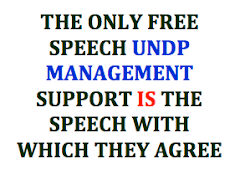



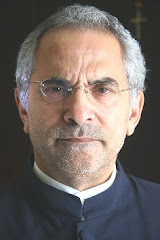
















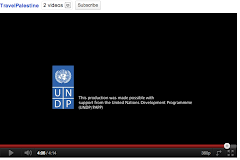

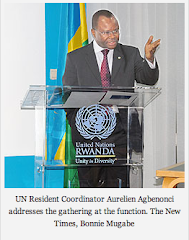



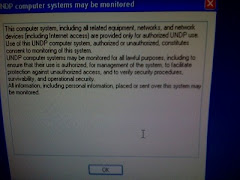

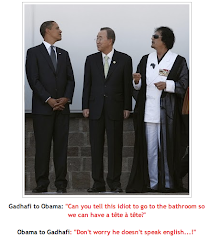
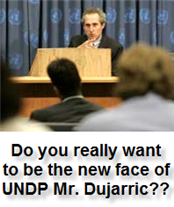





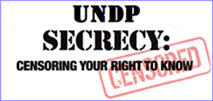
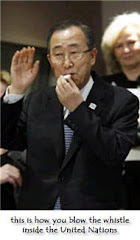
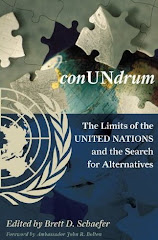

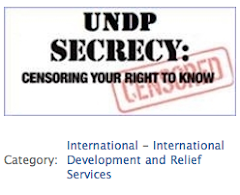
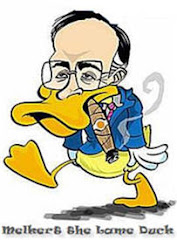


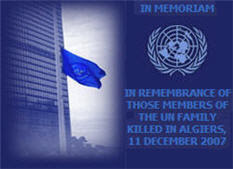


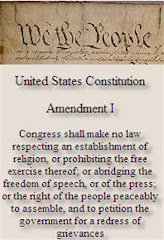
No comments:
Post a Comment